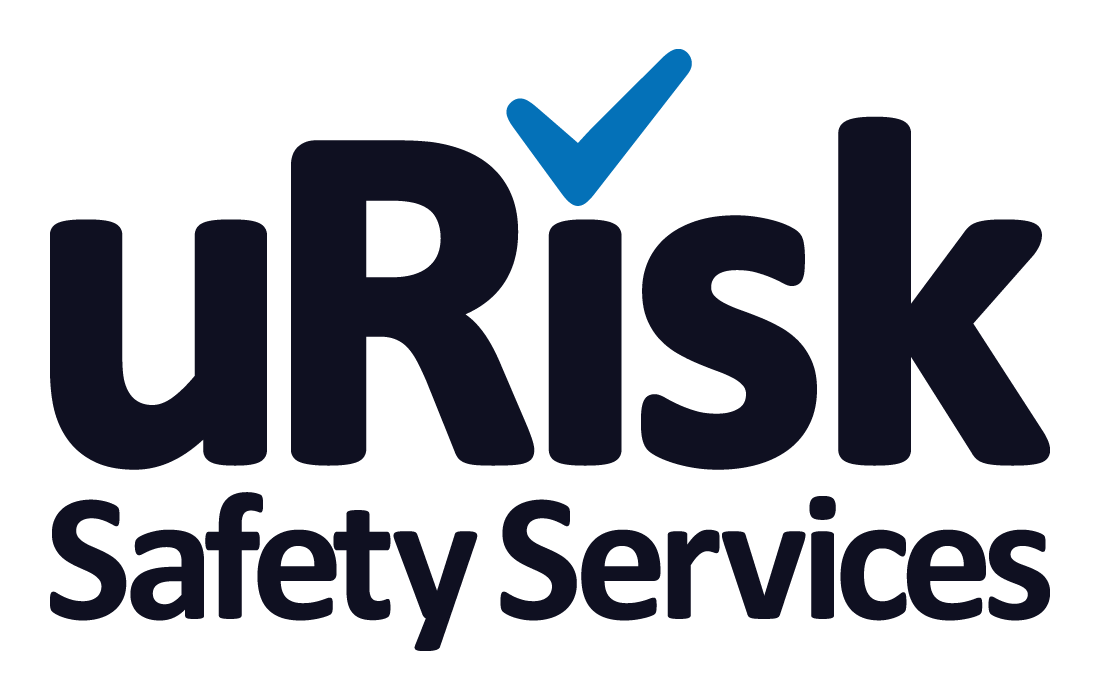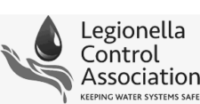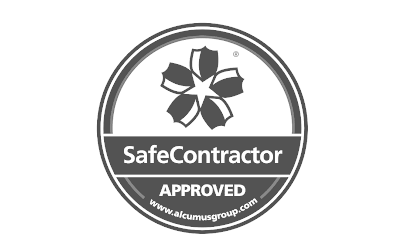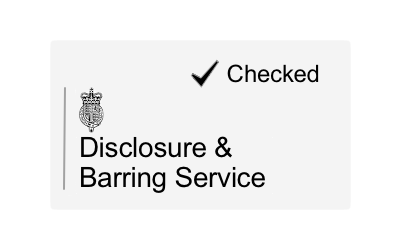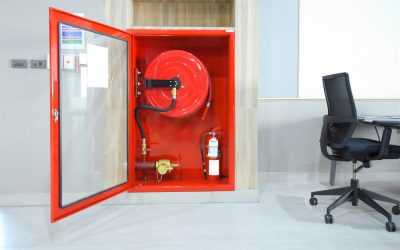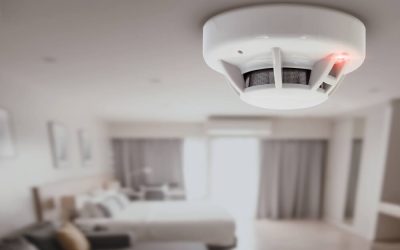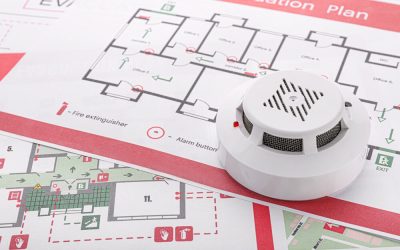Is Legionella Testing a Legal Requirement for Dental Surgeries?
It is a requirement under the Health & Safety at Work etc Act (1974) that employers have a duty of care which requires them to ensure the health, safety and welfare of all their employees at work. Dental surgeries are no exception, and need to take special care when it comes to their water systems, especially dental unit water lines (DUWLs) which present their own risks when it comes to legionella.
Control of legionella bacteria in water systems
Legionella is a waterborne bacteria that thrives in stagnant, warm water. If legionella bacteria have the right conditions in which they can breed and grow, the risk is that they could be accidentally inhaled in contaminated water droplets that are produced when aerosol spray is created after showers and taps are turned on. Once the bacteria enters a person’s lungs, there is a risk they can go on to develop the potentially fatal Legionnaires’ disease, a lung infection that causes respiratory difficulties, flu-like symptoms and can go on to develop into a type of pneumonia.
Legionnaires’ disease can affect anyone over the age of 45; the older a person is, the more severe the symptoms can be. The risk of contracting Legionnaires’ is also greater for people with chronic health conditions, smokers and heavy drinkers.
Is legionella a particular problem for dentists?
Maintaining water hygiene and controlling legionella is vitally important. If legionella gets into your dental surgery’s water system or your dental waterlines, your patients will be at greater risk of contracting Legionnaires’ disease than they would in many other business environments. This is because of their proximity to water spray from DUWLs which are particularly prone to biofilm formation which provides a fertile breeding ground for many different types of bacteria.
It is therefore important to take measures to control the risks by taking steps to prevent legionella bacteria and biofilm from building up. This includes storing hot water at a minimum of 60°C (so it is at least 55°C when it reaches the taps), and your cold water systems need to be kept at temperatures less than 20°C. Through normal usage, most if not all of the water outlets in your surgery, including DUWLs, will be used on an almost daily basis but DUWLs will also need additional flushing and disinfecting to increase patient safety. We suggest using a legionella thermometer to manage and measure water temperature.
Is legionella testing required by law?
It is part of your legal requirements as an employer or responsible person to assess potential health and safety risks in your workplace in order to protect your staff and patients. If you run a dental surgery, you are therefore responsible for conducting a legionella risk assessment in order to ensure the safety of your practice’s water systems.
uRisk legionella services
We can take on all aspects of legionella management for your dental surgery including water testing and analysis and any remedial works that may be required.
If you run a small dental practice and would like to find out more about legionella bacteria and your responsibilities towards its management, sign up for our online Legionella Awareness Training Course for only £35 + VAT. We also have a number of water testing products available, including Legionella Testing Kits.
Legionella and Water Hygiene Blog Posts
Office Fire Risk Assessment
As you would expect, keeping your office safe from the risk of fire is a legal requirement under the Regulatory Reform (Fire Safety) Order 2005. If you are the owner or manager of a business, or landlord of an office building, it is your responsibility to ensure your...
Fire Risk Assessment For Flats
Your legal requirements as a landlord include taking precautions to keep your tenants safe, including when it comes to the risk of fire in flats. As part of the fire safety regulations, fire risk assessments for flats is therefore part of your legal obligation to...
Getting A Risk Assessment For Fire in the UK
As an employer, landlord or facilities manager, it is your legal responsibility to keep everyone who uses your premises safe. A fire risk assessment is an important part of this because it identifies what might cause a fire so you can take steps to prevent one, as...
